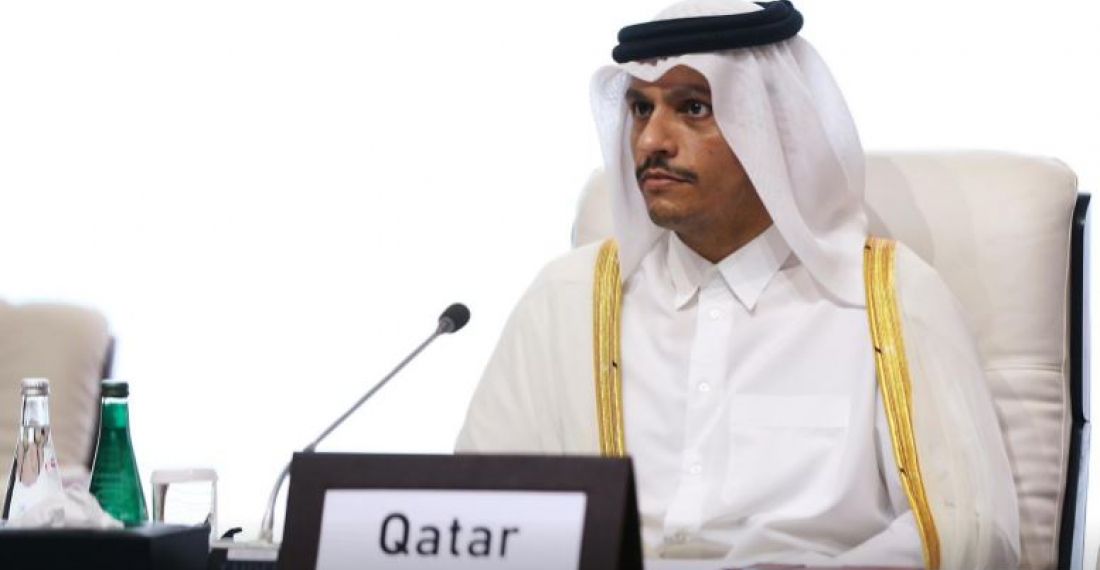Qatar is urging Gulf Arab nations to initiate dialogue with Iran reaffirming Doha's willingness to broker talks if necessary. The Qatari foreign minister, Sheikh Mohammed bin Abdulrahman Al Thani said that his government was “hopeful that this would happen, and we still believe this should happen.” “This is also a desire that’s shared by other GCC countries,” he told Bloomberg TV in an interview.
The region is currently awaiting the start of the new US administration in which the Iran nuclear program will be a key issue in the US relations with Gulf states and Iran alike. The US played a central role in a recent reconciliation between the Gulf Arab nations after a three-year diplomatic crisis in the region.
“Qatar will facilitate negotiations if asked by stake holders and will support whoever is chosen to do so,” he said. “We want the accomplishment, we want to see the deal happening,” he said of potential talks between the U.S. and Iran. “Wherever it is, whoever it is conducting this negotiation, we will support them.”
Qatar, a strategic country due to its natural gas reserves recently hosted talks between the US government and the Taliban. In addition, Sheikh Mohammed added that his government is already supporting ongoing discussions between Iran and South Korea to secure the release of an oil tanker seized by the Islamic Revolutionary Guard early this month.
When asked about differences between Qatar and UAE, Shiekh Mohammed said it was important to try to bridge differences but “we are going to support whatever the people will and whatever the people are going to seek for their countries. If they are going to seek for justice using peaceful ways to express what they think is right, Qatar will continue supporting the people.”







